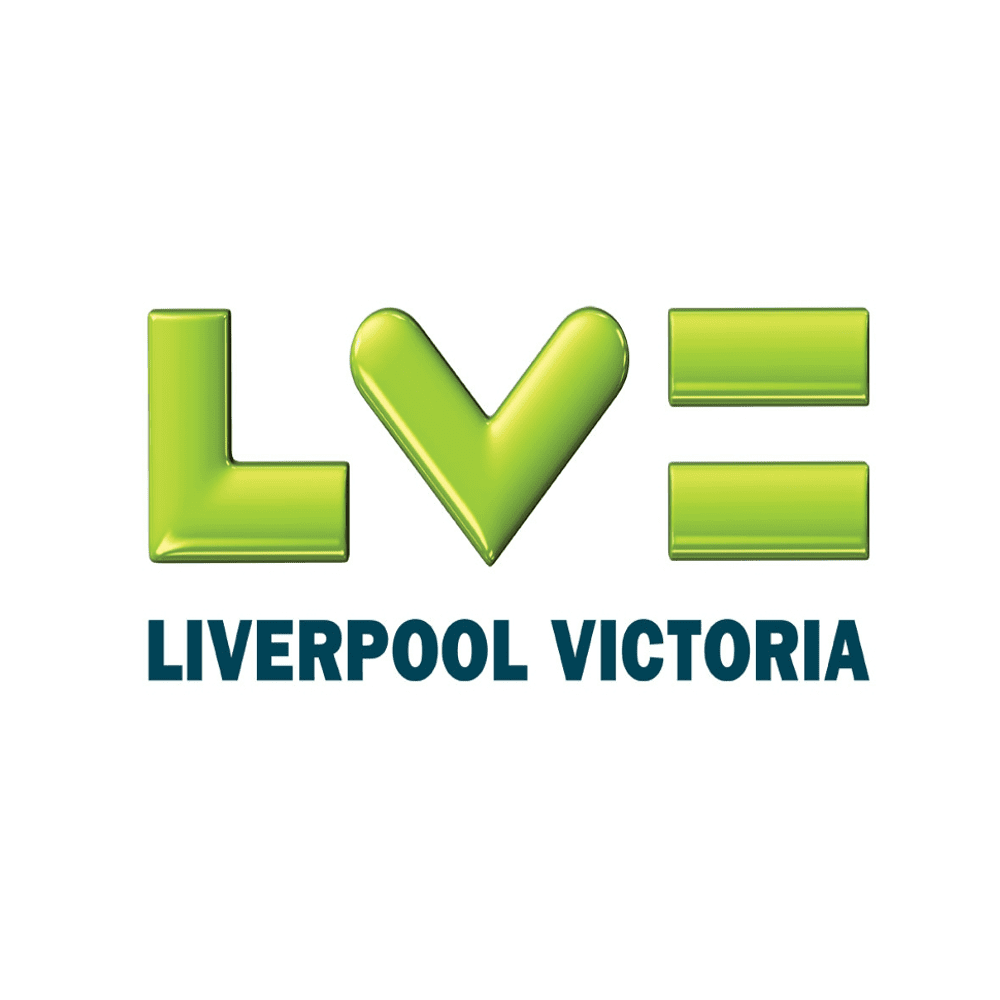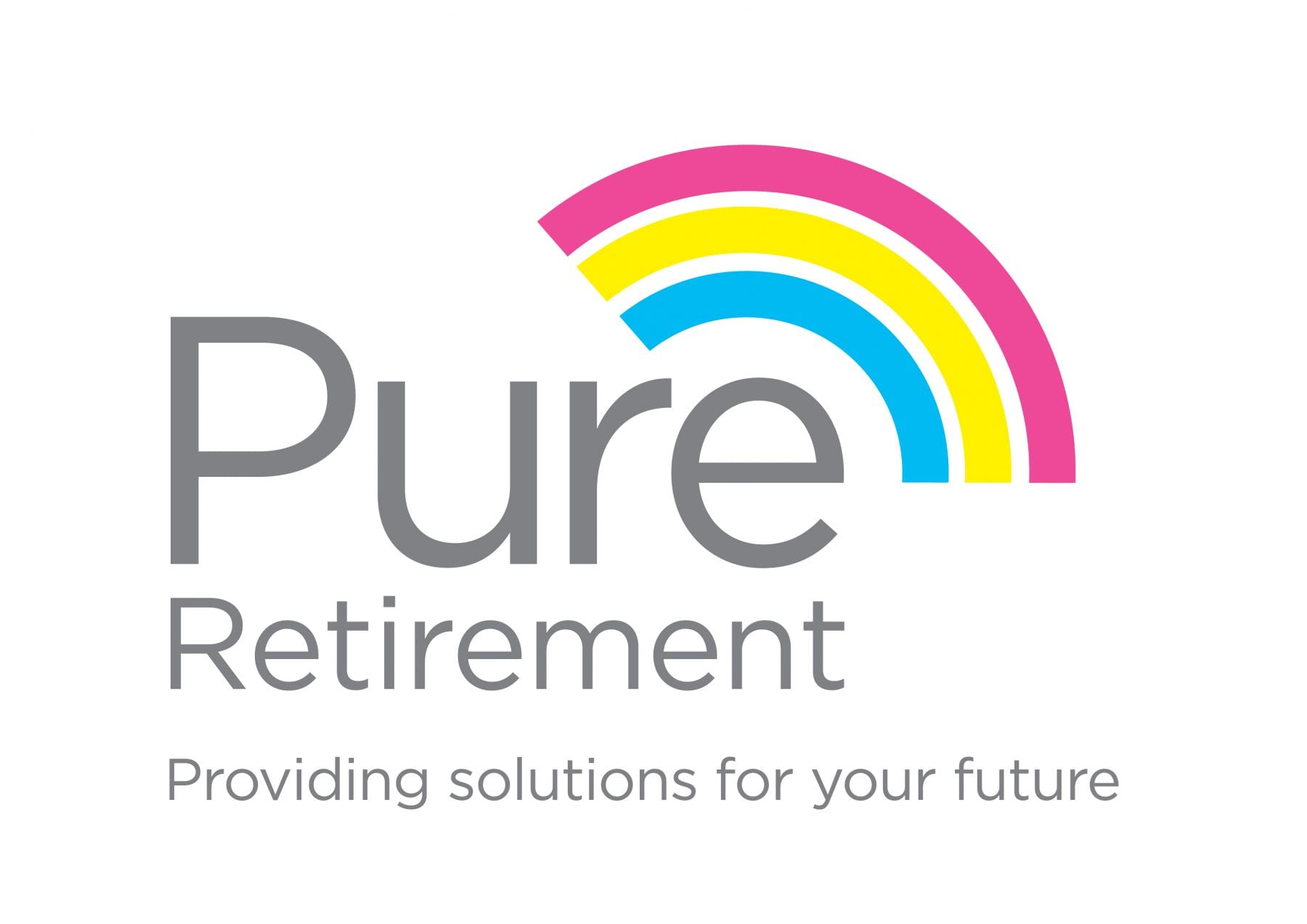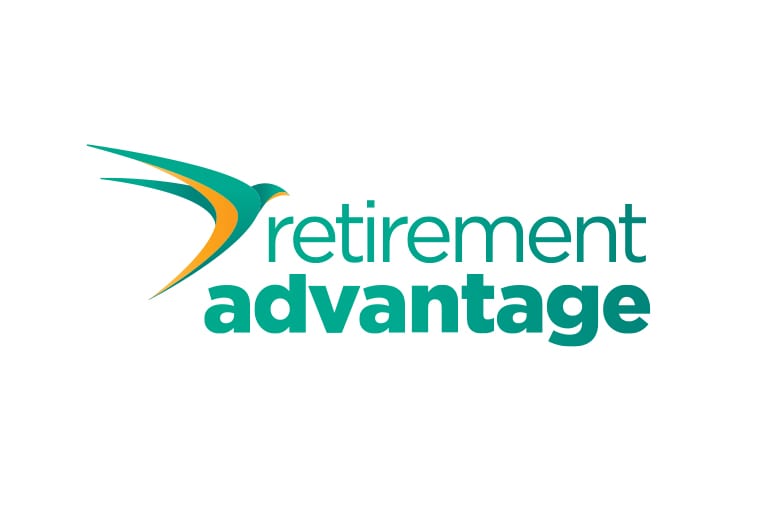An “estate” isn’t just for those fortunate enough to have country houses and acres of land. In fact, almost everyone leaves behind an estate when they pass away.
An estate is simply the total of all of the deceased’s assets minus their debts.
When we use the term “assets” we simply mean anything with a value- like property, savings, investments, jewellery, valuable personal possessions, and vehicles.
Every deceased person’s estate in the UK pays no Tax on the value of it up to £325K (which can be increased up to £500K in certain instances), and then pays 40% Inheritance Tax (better known as IHT) on the value of the Estate over and above that figure- that’s not what most of us consider a “low rate” of Tax!
So, if you thought Inheritance Tax was just for extremely wealthy people to worry about- that’s simply not the case, anymore. Rising property prices have meant more estates than ever are likely to face an IHT bill.
If your estate has an IHT liability, your beneficiaries will have to pay that bill- and it has to be done before probate is granted- this can pose an additional problem, as often the beneficiaries don’t have enough savings for their own to pay the bill.
We simply hate to see people work hard all their lives- whilst also providing for their family- to accumulate some wealth, for a large amount of it to be lost when they want to pass it onto their family as a legacy. It’s such a shame.
The good news is that there are plenty of perfectly legitimate things people can do during their lifetime to significantly reduce- maybe even eradicate- that potential bill.
Estate planning can be complicated- but it really doesn’t have to be. Talking to us about your situation can make a real difference.







